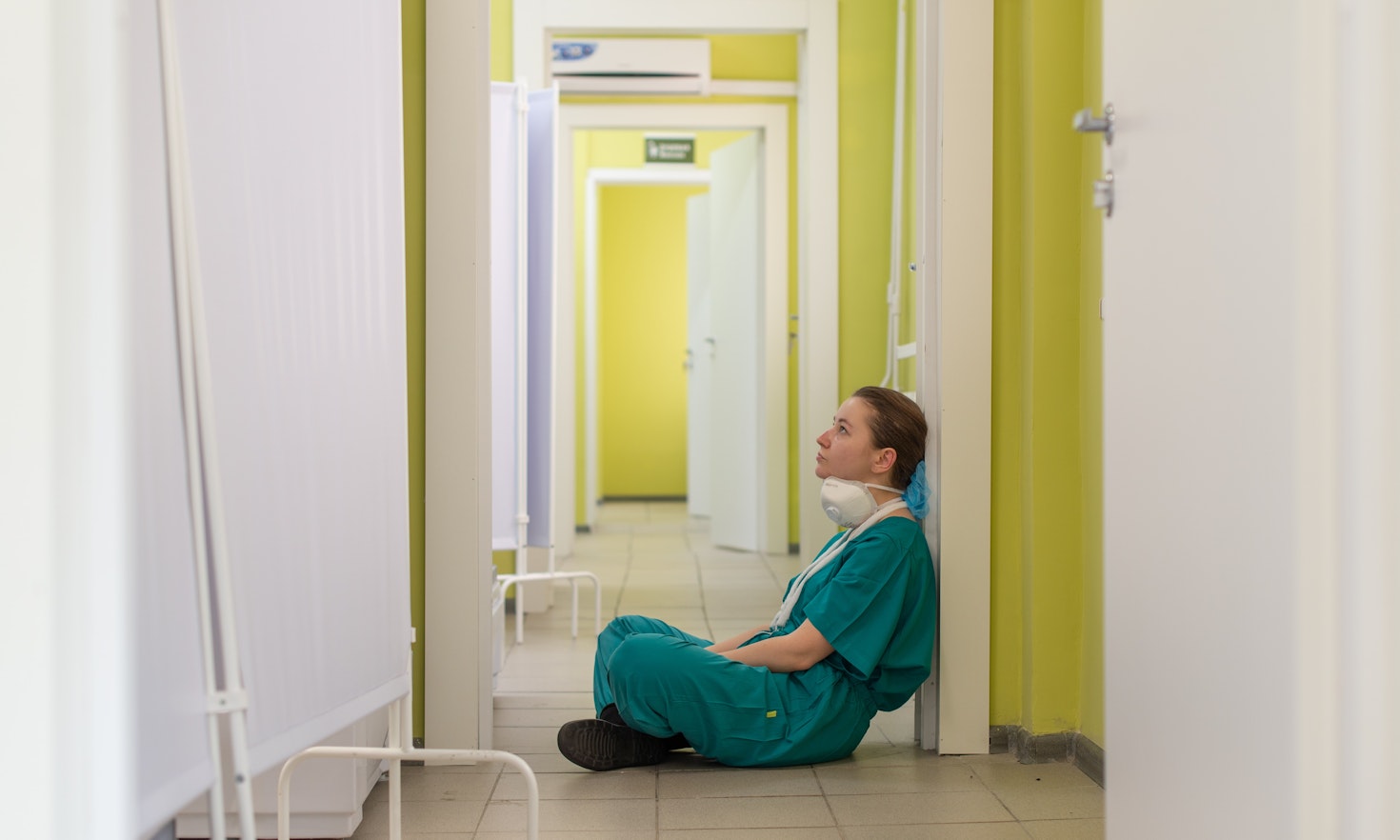
Il Gattopardo in Catalonia? Not really
 Marc Sanjaume-Calvet
Marc Sanjaume-Calvet
Over the past two years, the world has been faced with a crisis of an unprecedented magnitude: the coronavirus pandemic.
2020 marked the beginning of an extremely challenging time, bringing the whole world to its knees.
Despite the myriad issues this pandemic has generated, it has also prompted the reflection and evaluation of certain practices. Looking at the EU for instance, from the very beginning certain issues presented themselves in a very evident way. Particularly in the context of this crisis, the topic of public health policy at EU level became hotly debated. Arguably, EU states appeared to be too integrated to manage the crisis separately and not integrated enough to do so in a collective manner.1 Therefore, this lack of coordination begs the question: should the EU public health policy be improved somehow? The distribution of competences between the EU and its Member States has never been an easy topic to deal with. For development in certain areas to occur, many years had to pass. Concerning health policy in the EU, it is primarily regulated by Art.168 TFEU2 and followed by extensive far-reaching legislation which guarantees rights and protection in this policy area.3 The nature of this competence being shared however, has not allowed for an effective coordination to take place. The coronavirus pandemic required swift, decisive, and collective action to be taken in order to slow down the rampage of the virus, but it was not possible.
Perhaps what can be described as an asymmetric response to the pandemic by the EU is to be blamed. As observed in different instances throughout the world, prompt and coordinated action in imposing restrictions for instance, has proven to be effective. However, single countries can inarguably have a stronger grip on these matters thanks to intrinsic State sovereignty. The problem arose when the time came for Europe to attempt to coordinate and fight back. Understandably, country after country adopted its own countermeasures according to the opinion of its experts, and shortly after, Europe went into lockdown. Every Member State had its own plan and way out of the pandemic. We found countries such as Italy adopting stringent measures and hard lockdowns which allowed for the achievement of rather good results4 in containing the spread of the virus, and others like Sweden adopting a completely different approach and results.5 The shutting down of borders out of concern for the general population only aggravated the situation, putting a strain on the national health system, and the absence of a framework for proper response could be partially blamed for the outcome. Having country-specific pandemic plans as a frame of reference did not allow for coordination and transparency. While some MS have been praised for their resolve in dealing with the pandemic, the absence of a common plan remains a huge gap to fill. In fact, the WHO Regional Director for Europe pointed out: "We can’t allow another pandemic to bring the world to its knees and must do everything in our power to prevent a catastrophe on the same scale from happening again."6 Thus, what are the options available?
Notwithstanding the gradual evolution of health-related initiatives at the EU level7, the matter at hand remains extremely complex. Nevertheless, the EU has not remained still throughout this emergency. Among the many measures taken, Regulation 2021/522 established EU4Health, to provide funding to numerous entities involved in this policy area.8 However, the necessity here is for something more than just an ex-post plan. Arguably, this situation calls for a reform of the underlying principles governing public health policy in the EU. Unfortunately, theory and practice could not be more distant than in this case, as surrendering more sovereignty in the name of integration and progress is not always perceived as convincing enough. Bucher however, provides an example of what this “next step” could look like, by pointing out:
a fully integrated model for preparedness, prevention and response to health crises would require minimum standards of resilience for health systems; joint responses in some areas of common interest like travel and transport rules; more solidarity mechanisms through, for instance, cooperation between hospitals in crisis times, exchange of health professionals or more EU funding targeted at weaker health systems; and common strategies for prevention of cross-border health risks.9
This extremely ambitious reform could prove difficult to implement. It would entail lengthy work and require the entire Union to simultaneously make a great step forward in its integration process. However, integration requires common interest as its main driver.10 In this regard, we can only hope that the imminency of increasingly serious threats to come11, will prompt the necessary change. The gravity of the current situation, however, might not provide us with enough time to initiate this process. Echoing the words of WHO Regional Director of Europe, it must be recognized that: "a significant obstacle has been reluctance on the part of governments to share decision-making powers or to agree shared governance arrangements for the benefit of all. It’s time to learn some important lessons so we don’t make the same mistakes again."12
This pandemic is providing us with a priceless opportunity to evaluate and improve the European public health policy sphere. While a radical redesign of competences might be farfetched, it is undeniable that coordination should at least be legally enhanced. The crises that we have been facing are of different scope and nature; and adopting a more proactive stance on the matter might be the right way to face the issues that the future holds.

This content is licensed under a Creative Commons Attribution 4.0 International license except for third-party materials or where otherwise noted.